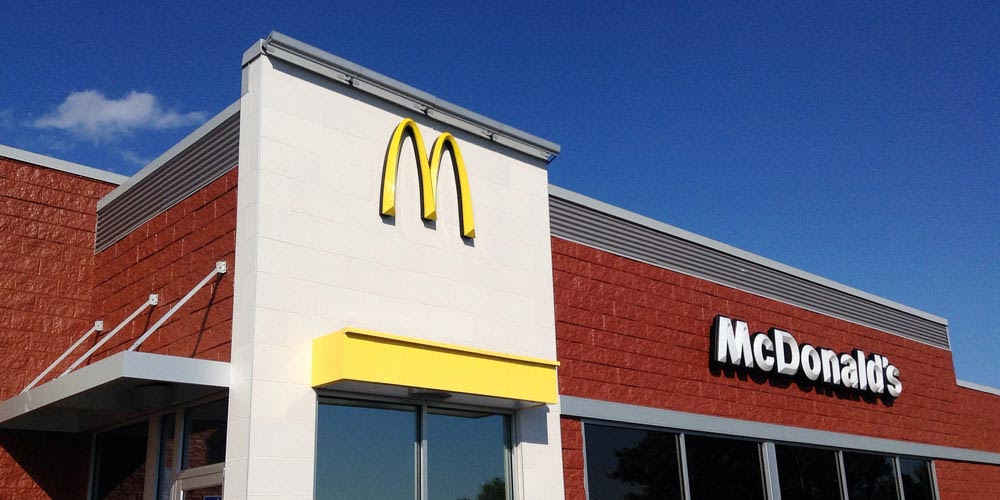
LOCAL
More cyclospora in MN
The CDC is now investigating another multistate outbreak of cyclosporiasis in addition to the ongoing Del Monte outbreak. This time, the culprit is salad from McDonalds. At least 61 people in seven states, including Minnesota, have become ill.
McDonalds has already pulled salads from over 3000 restaurants as a precaution and Food and Drug Administration is working with McDonald's to identify the salad ingredients making people sick and trace them through the supply chain. The affected states are Illinois, Iowa, Indiana, Wisconsin, Michigan, Ohio, Minnesota, Nebraska, South Dakota, Montana, North Dakota, Kentucky, West Virginia and Missouri.
Cyclospora case numbers always climb up during the hot summer months, but there’s a fare amount of fluctuation. Last year there were 206 cases between May and August, with only 88 cases reported over the same time period in 2016.
CDC
NATIONAL
Acceptable injury rates?
The Bureau of Labor Statistics (BLS) reports injury and illness rates for the Meat Packing Industry as 2.5 times higher than the national average.
Serious injuries requiring work restrictions or days away from work are more than 3 times higher in meat packing than U.S. Industries as a whole. Is this acceptable? If not, what should be done?
There is fear that things would get even worse if the plan to remove speed restrictions on pig processing lines goes through in government. Currently, amputations happen already on average twice a week. When the USDA was examining the case for implementing the proposed reforms, a plant worker told them that “every co-worker I know has been injured at some point.”
Government and industry have pointed out that there have been reductions in worker injury rates over the last couple of decades. They also argue that despite the lifting of speed restrictions, the need to adhere to strict rules on food safety will impose its own limit on line speeds.
United States Department of Labor
The Bureau of Investigative Journalism
GLOBAL
Sunscreen for cattle
Europe is currently experiencing a very difficult summer. First there was a long drought of over a month in some parts of the region, just at the beginning of the growing season.
The drought is now being followed by a blistering heatwave that is ruining the harvest, and rainfall is still down in many parts and extremely heavy in others. Both crops and livestock are affected by the climate.
For example, milk yields in UK will likely drop 15-20% due to the heatwave. Modern dairies cool the animals down with sprinklers and fans, and in traditional structures the stone barns and trees on paddocks help. Unfortunately, many farms do not have any of these structures, as the region is not that accustomed to heat waves. Because of this, some veterinarians in the UK are advising farmers to apply sunscreen to the cattle with sunburns, to at least prevent further pain.
The lack of rainfall and unusually high temperatures will likely drop yields for cereals, potatoes and other crops in the region. German farmers might go bankrupt if the weather doesn’t turn and even lettuce is now wilting in fields. Unfortunately, this might be something that European farmers need to prepare for in the future, as extreme weather may become the new normal if we don’t accelerate our efforts to address climate change.
Bloomberg
The Guardian
